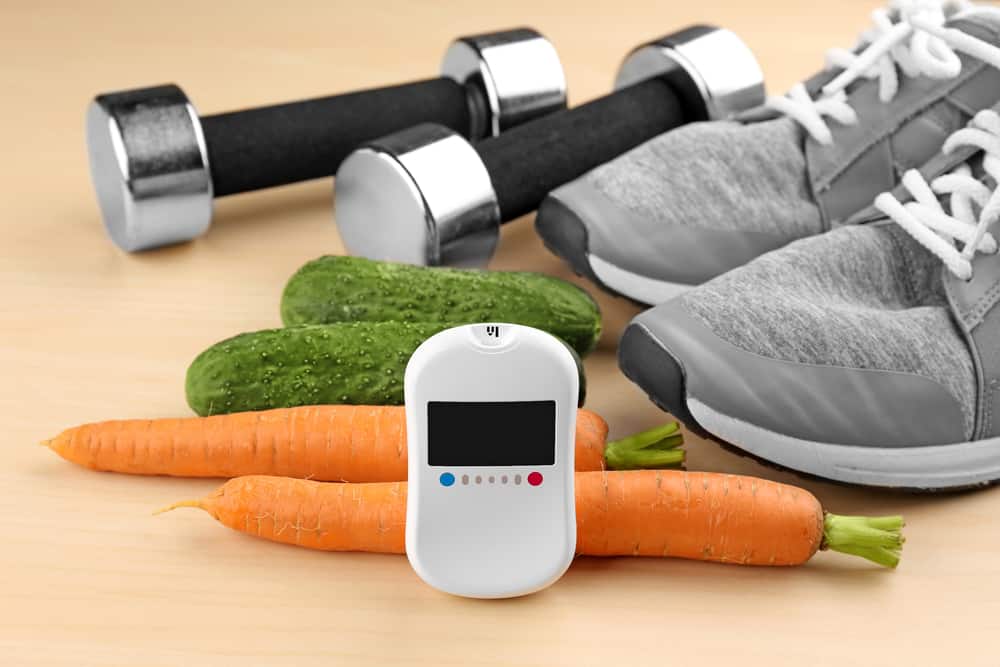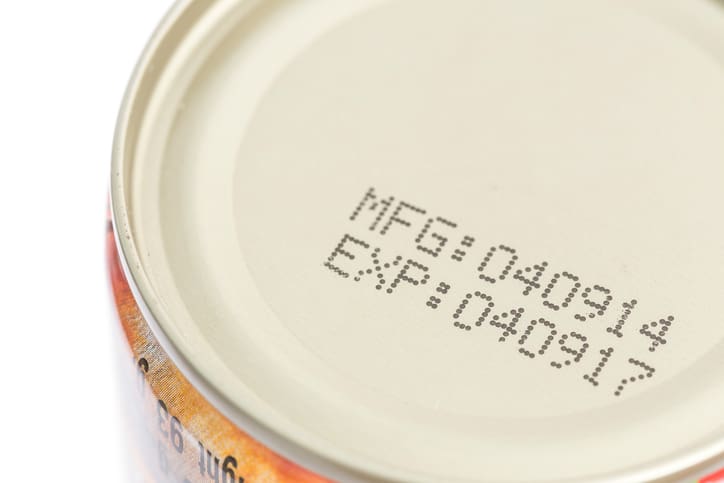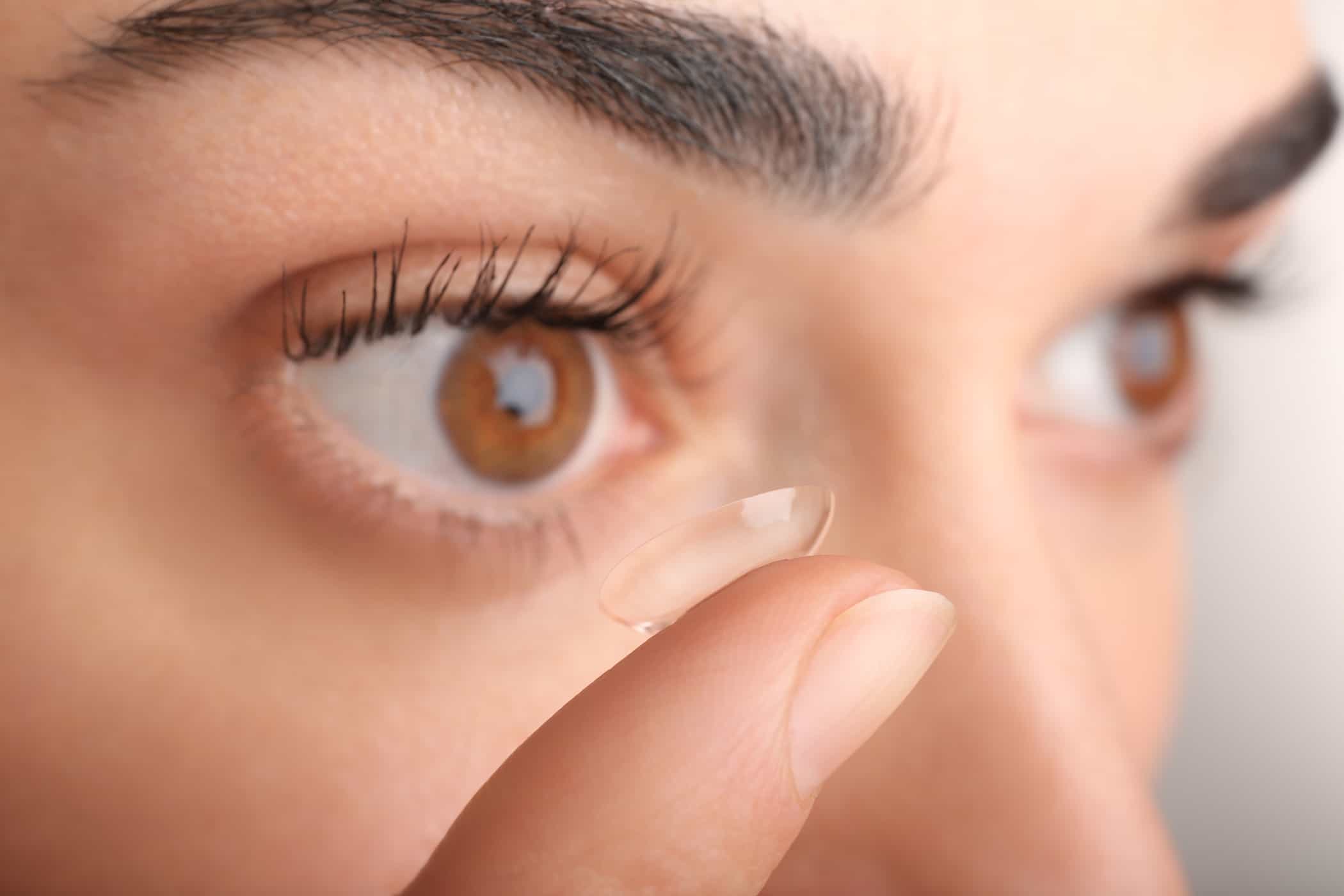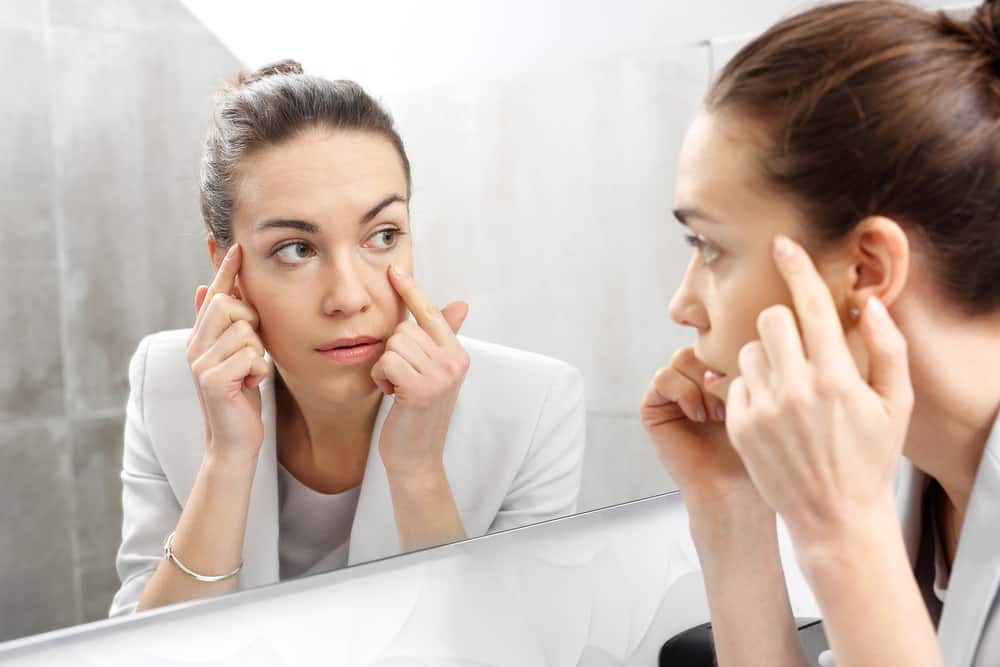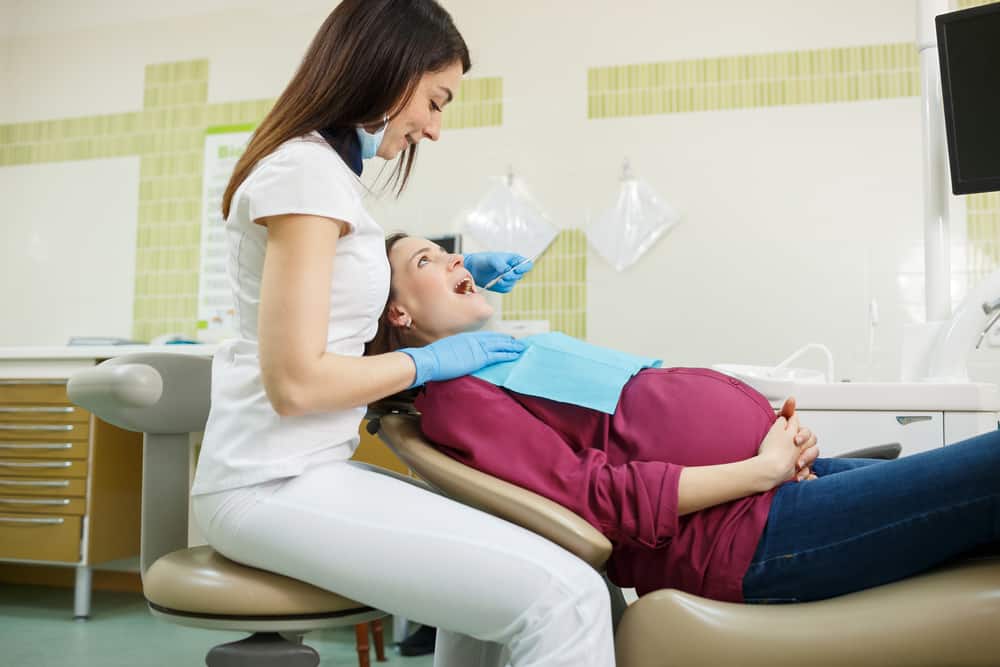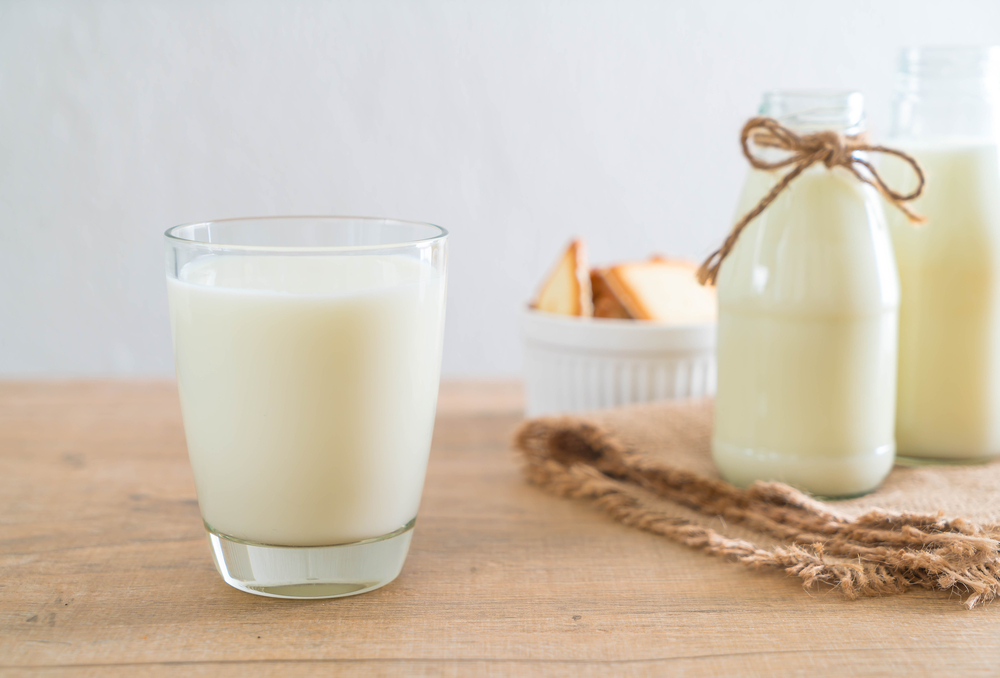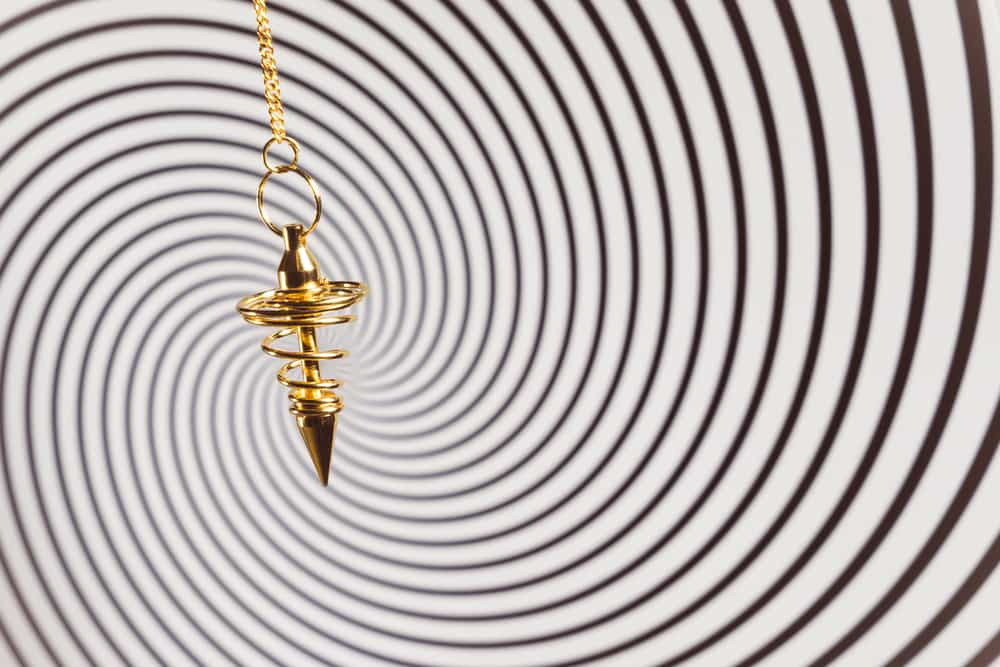Contents:
- Medical Video: Diabetes and Exercise - Decide to Move
- 1. Always carry it snack which contains carbohydrates
- 2. Schedule meal times and calculate the amount of carbohydrates
- 3. Check sugar before starting exercise
- 4. Consume carbohydrates during exercise
- If sports with a duration of 45-60 minutes ...
- If an exercise with a duration of more than 60 minutes ...
- 5. Meet nutritional needs after exercise
- 6. Don't get dehydrated
Medical Video: Diabetes and Exercise - Decide to Move
Kelli Kuehne, a professional golf athlete. David Boomer Wells, a baseball athlete from Los Angeles. Garry Hall, member of the national swimming team from America. They are a number of former athletes who not only succeed in gaining a myriad of sports achievements, but also are diabetics. Yes, who says diabetics cannot be successful sportsmen?
However, if you are also one of the diabetics who are active in exercising, there are several dietary rules that must be fulfilled so that your blood sugar levels remain in control during high physical activity.
1. Always carry it snack which contains carbohydrates
Diabetics who are actively exercising will be very at risk of experiencing hypoglycemia, aka the condition of sugar too low. For this reason, it is recommended that you always bring snacks or sweets, raisins, crackers or fresh fruit to consume when hypoglycemia occurs.Intake snack this will help increase blood sugar levels which decrease in training.
Trainers and teammates also need to know the symptoms or signs of hypoglycemia that are common, so they can also remind you to eat snacks under certain conditions.
2. Schedule meal times and calculate the amount of carbohydrates
For diabetics, what is eaten is very important for the body. Likewise with when to eat. Skipping food too long will actually cause blood sugar to drop and then jump quickly.
The basic principle for diabetics who are actively exercising is: eat small portions throughout the day. This is done to make blood sugar levels more stable.
3. Check sugar before starting exercise
It is very important to do a blood sugar test first. If blood sugar before exercise shows a number below 70, it means that additional food is needed before exercising. You are not recommended for exercise if your blood sugar level has not exceeded 70-80 mg / dL.
If your blood sugar level exceeds 240 mg / dL before exercise, the exercise should be postponed too.Ideally, blood sugar levels are in the range of 160-180 mg / dL before starting training.
A few minutes before starting exercise, you should eat snacks or snacks that contain 15 grams of carbohydrates.If the exercise time is longer than 60 minutes, it is recommended to consume 30 grams of carbohydrates before exercise.
Snacks that can be consumed for example fruit. 2 pieces of apples provide about 24 grams of carbohydrates. Small bananas (81 grams) contain 19 grams of carbohydrates. If you are buying a packaging product, you should pay attention to the nutritional value table to find out how many carbohydrates it contains.
4. Consume carbohydrates during exercise
If sports with a duration of 45-60 minutes ...
Take 15 grams of carbohydrates every 30-60 minutes. When exactly do you eat these foods depending on the conditions that are felt. If at some 30 minutes some symptoms and signs of hypoglycemia have started to arise, please consume the snacks that you have prepared.
The more often you exercise, usually you will know when the right times the body needs carbohydrate intake during training.
If an exercise with a duration of more than 60 minutes ...
You need additional carbohydrate intake every 60 minutes with the amount of 0.5-1 gram / kg of your body weight.
If you weigh 55 kg, then you will need about 27.5 grams of carbohydrates every 60 minutes.
You can eat foods containing any form of carbohydrate, liquid or solid, as long as it does not interfere with your digestion during exercise. The example of carbo in liquid form is not too thick fruit juice.
5. Meet nutritional needs after exercise
After exercise, the sugar deposits in the body must be replaced again. Hypoglycemia will usually occur 2 hours after exercise if not replaced.
Therefore, eating a complete diet contains carbohydrates, protein and fat shortly after exercise.
Adjust the portion of food to the nutritional needs recommended by your nutritionist. If necessary, check again what your blood sugar levels are after exercise.
6. Don't get dehydrated
Diabetics are more easily dehydrated than others. Therefore, salways consume mineral water to prevent dehydration.Intake of mineral water is needed since before exercise, during practice, or after exercise is finished.
Two hours before exercise, drink 3 glasses of mineral water (1 cup approximately 230 ml) gradually, not all at once because it can actually cause bloating.
10-15 minutes near the time of exercise, drink 1-2 glasses of mineral water again. During practice, it takes ½-1 cup of water every 30 minutes.
After training, in addition to mineral water you can modify it with sport drink, juice, or other drinks that are recommended by doctors or nutritionists who know your condition in more detail.

